Because of wearing suits, and more importantly, because of the natural fear of electricity shortages, many people have treated this particularly important source of energy very insensitively.
(Illustration photo. Source: Internet)
In recent days, social networks have been buzzing about the Ho Chi Minh City People's Committee sending an official dispatch to departments, branches, districts and towns to promote electricity saving and ensure safe and stable electricity supply in the city, including requesting officials to limit wearing suits and formal clothes when working or attending meetings.
There are both supportive and negative opinions. This is not surprising, because every sensitive event, issue or decision often attracts public attention. However, this is a very realistic content in the current context, instead of ridiculing, it is necessary to promote and support. Elegant clothing is also necessary, but electricity is even more important. Because, if this important resource is not enough to supply life and production, what will happen? Just one hour of reduced electricity quality has many people complaining. One hour of power outage makes many more people upset, production stagnates. However, when proposing solutions to contribute to saving electricity and improving the quality of electricity sources, there are opinions that disagree and are scornful.
Many customers often put themselves in the role of “god” and give themselves the right to judge, they can say anything, without thinking about their responsibilities and obligations. That means if the things that the service provider or the responsible agency gives, if they feel they are not pleasing to the eye or ear, they can react, sometimes very harshly.
It’s early summer and the power supply is already unstable, with many places overloaded. Contributing to this is the fact that electrical equipment in many offices is straining to operate to serve events and staff, including those wearing suits and thick clothing.
Wearing a vest on a hot day consumes more electricity is a way of saying, to recommend users to change their awareness of using electricity more economically. Currently, there is a large proportion of office workers who often use electrical equipment at full capacity, but in the early morning and late afternoon when the temperature is not too hot, electrical equipment does not need to operate at full capacity like that. Because of wearing a vest, and more importantly, because of the indifference to the fear of power shortage, many people have treated this particularly important source of energy very insensitively. Turn on and turn on. Electrical equipment is turned on at any time, always at full capacity because in the mind of the person turning it on, the electricity bill is something very far away, seemingly unrelated to them at all.
Despite great efforts, domestic electricity output still cannot meet domestic consumption demand, and we still have to import billions of kW of electricity every year. Along with that, input materials for electricity production are increasingly expensive, causing retail electricity prices to increase recently, cutting into the wallets of those who have to pay. The heat of electricity in 2023 is forecast to increase sharply along with the increase in temperature. According to the hydrometeorological forecasting agency, in 2023, the heat will be more intense and last longer than in 2022, which means the demand for electricity will be much greater. According to the plan for supplying and operating the power system recently approved by the Ministry of Industry and Trade, in 2023, the total electricity production and import output will be 284.5 billion kWh, 16 billion kWh higher than in 2022 and over 29 billion kWh higher than in 2021.
Regarding the issue of energy saving, in 2008, the Secretary General of the United Nations (UN) Ban Ki-moon launched the “Cool UN” initiative, in which the central building was tested to increase the air conditioning temperature from 22.2 degrees Celsius to 25 degrees Celsius and from 21.1 degrees Celsius to 23.9 degrees Celsius in the General Assembly Hall. Staff were encouraged to wear simple but polite clothes, except when receiving guests and attending important meetings. This initiative was later responded to by many countries, including strong economies and known for their elegant dress code, such as Japan.
When the demand for electricity is increasing, the risk of electricity shortage is becoming more alarming, threatening national energy security, learning how to save electricity with such a practical call, which should be welcomed and widely spread, is completely inappropriate to ridicule. Can this be considered an unwelcome perception and behavior?
Happiness
Source


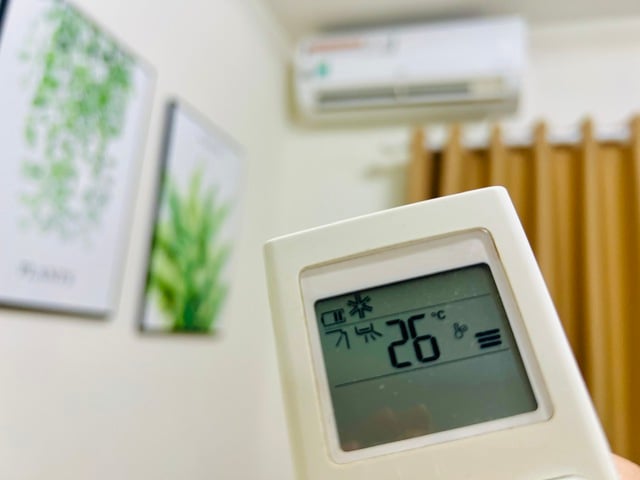
![[Photo] Parade rehearsal on the training ground in preparation for the April 30 celebration in Ho Chi Minh City](https://vstatic.vietnam.vn/vietnam/resource/IMAGE/2025/4/4/e5645ddf85f647e6a25164d11de71592)
![[Photo] Workshop "Future for the Rising Generation" continues the profound value and strong message from the article of General Secretary To Lam](https://vstatic.vietnam.vn/vietnam/resource/IMAGE/2025/4/4/ec974c5d9e8e44f2b01384038e183115)
![[Photo] General Secretary To Lam receives President of the Republic of Burundi Évariste Ndayishimiye](https://vstatic.vietnam.vn/vietnam/resource/IMAGE/2025/4/4/d6df4662ecde41ef9bf55f1648343454)
![[Photo] Dong Nai people warmly welcome the forces participating in the parade](https://vstatic.vietnam.vn/vietnam/resource/IMAGE/2025/4/5/ebec3a1598954e308282dcee7d38bda2)

![[Photo] Prime Minister Pham Minh Chinh meets with President of the Republic of Burundi Evariste Ndayishimiye](https://vstatic.vietnam.vn/vietnam/resource/IMAGE/2025/4/4/979010f4c7634f6a82b8e01821170586)


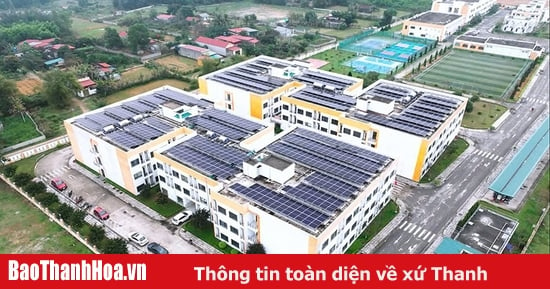
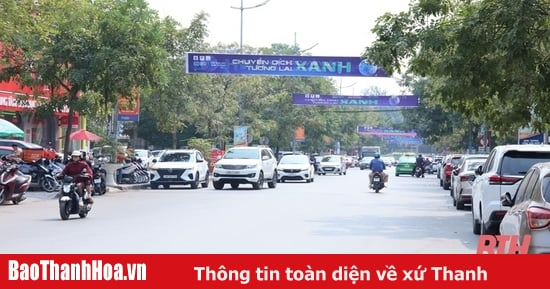
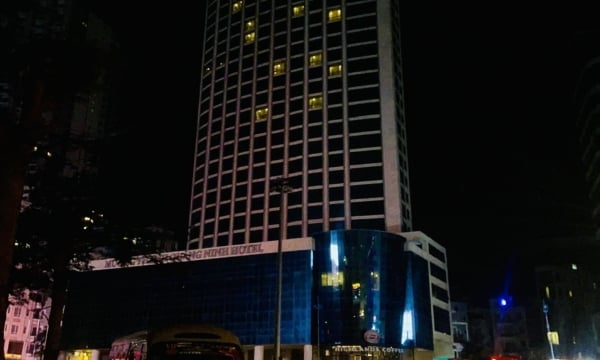

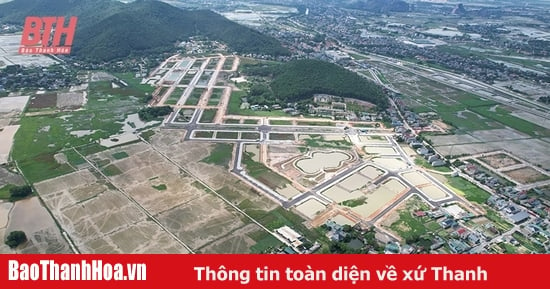

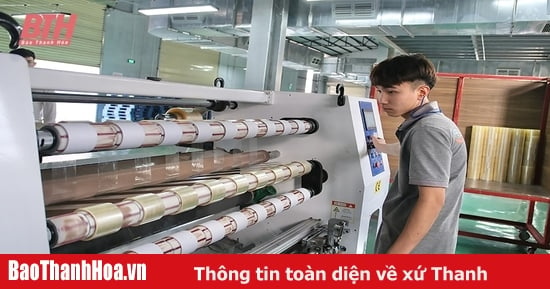

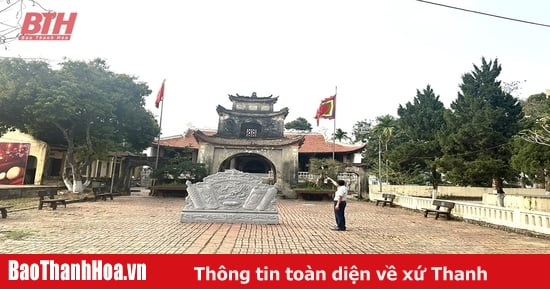



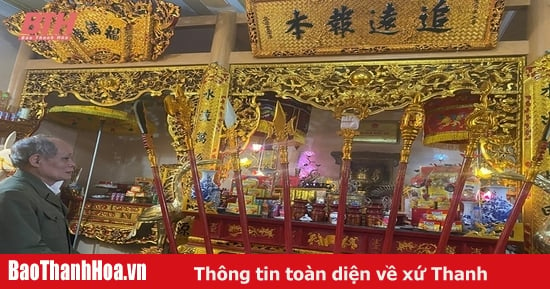




























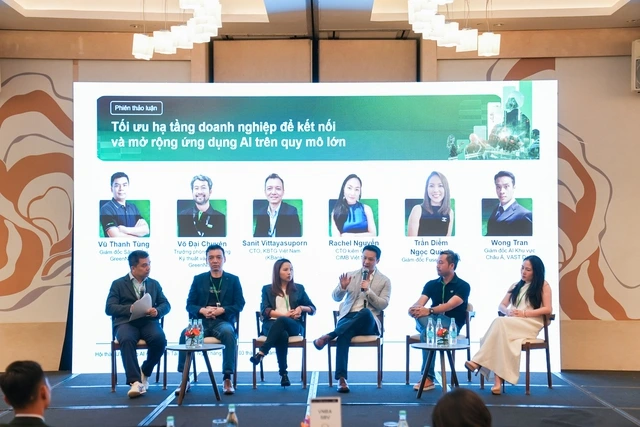
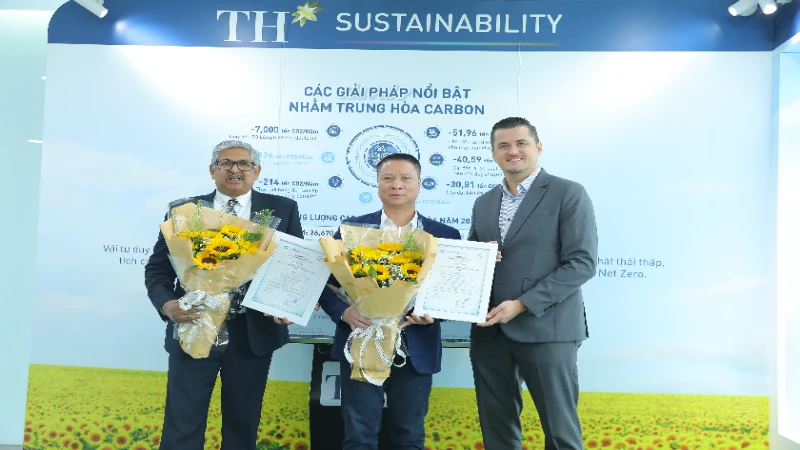





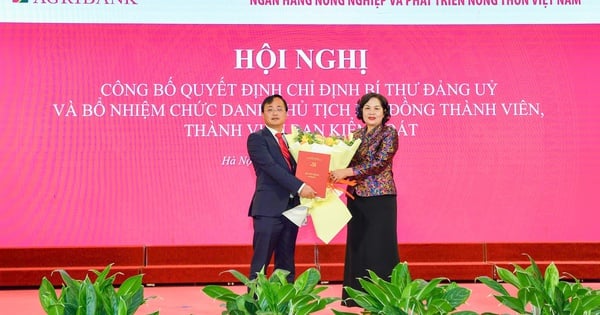


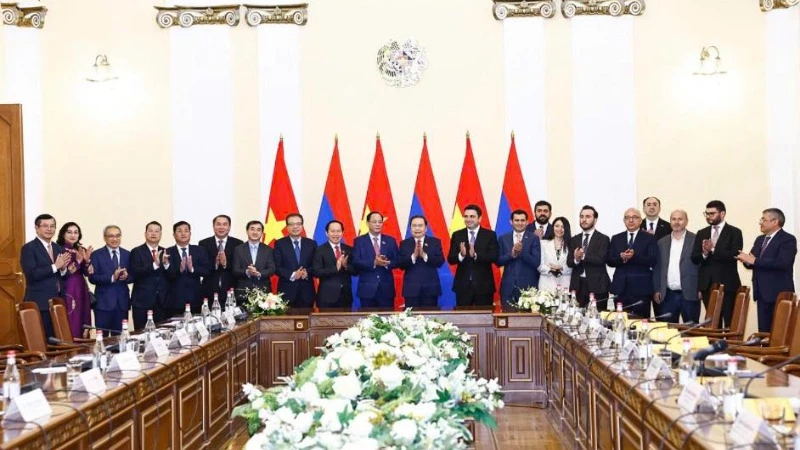
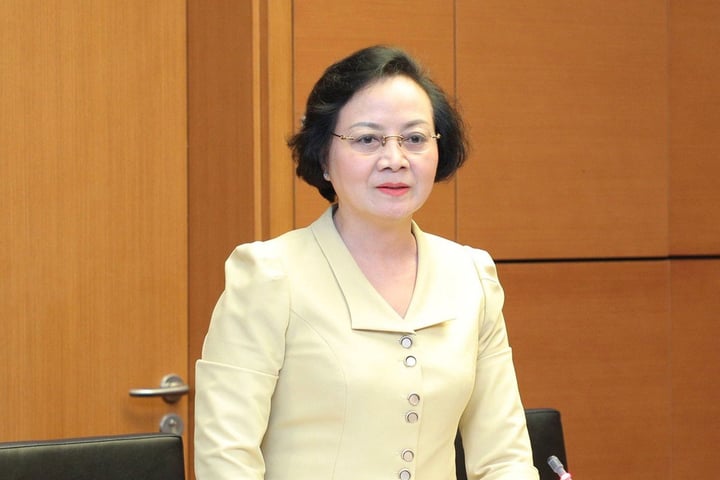






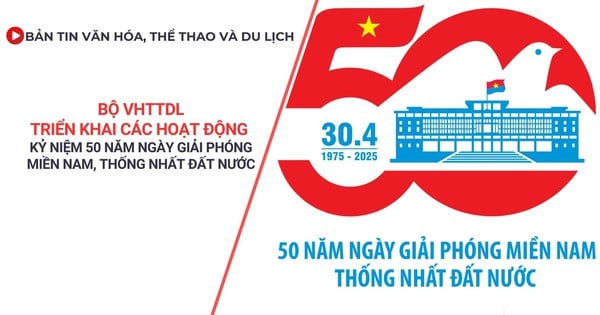


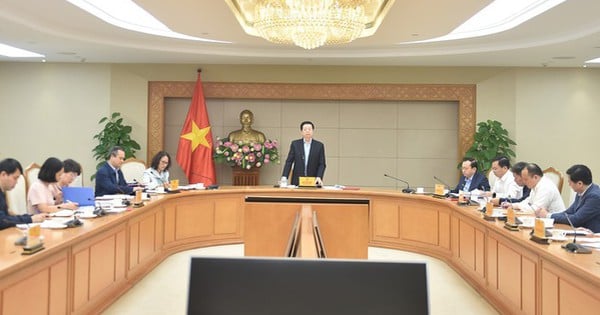




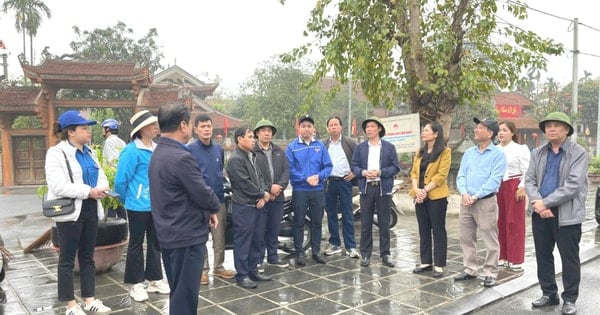


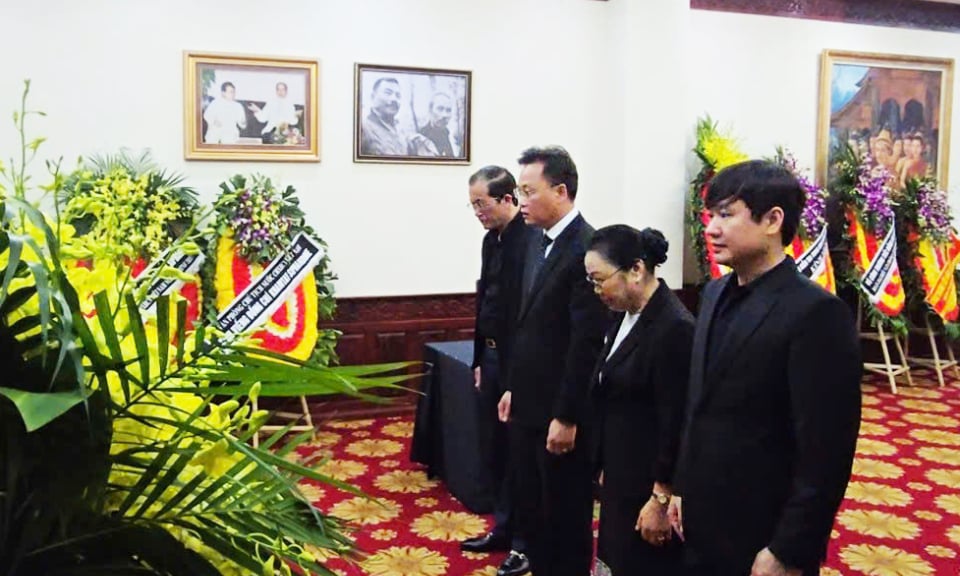
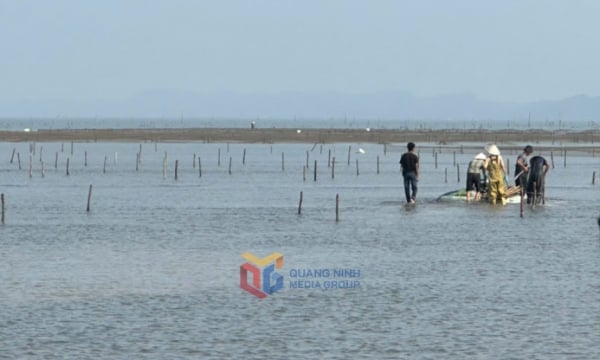



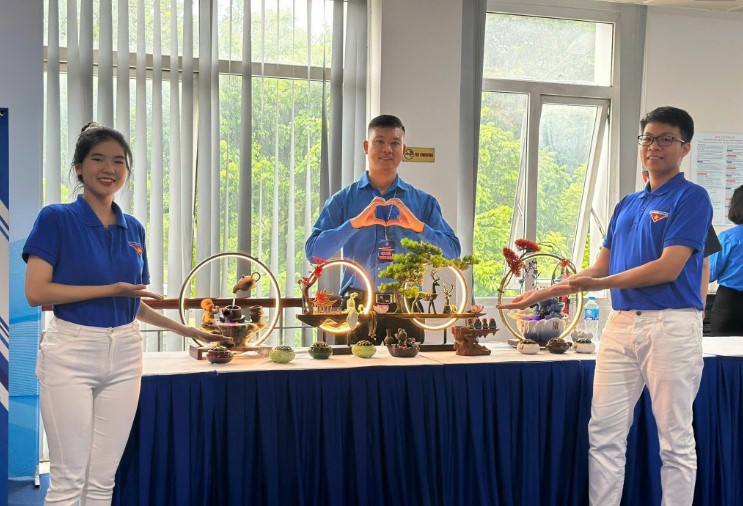
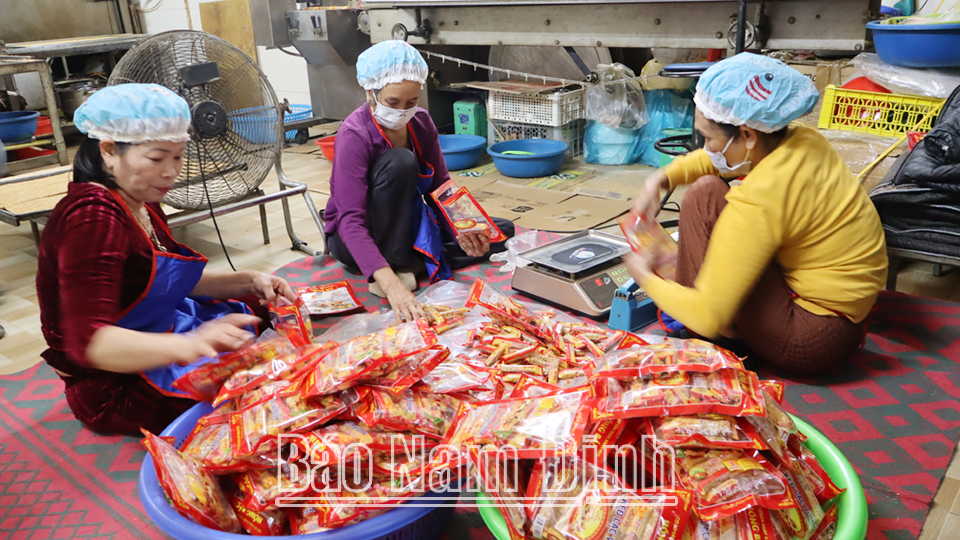


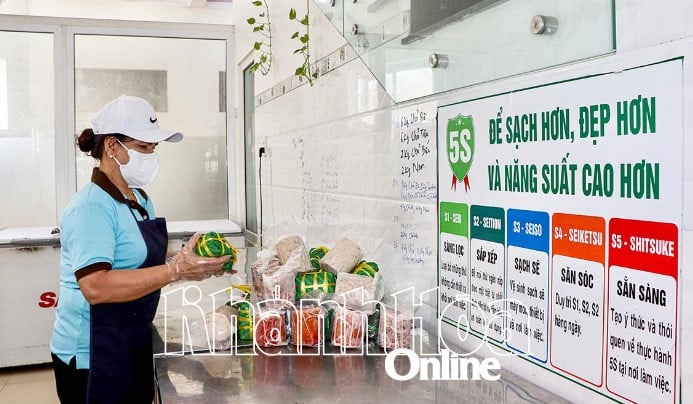

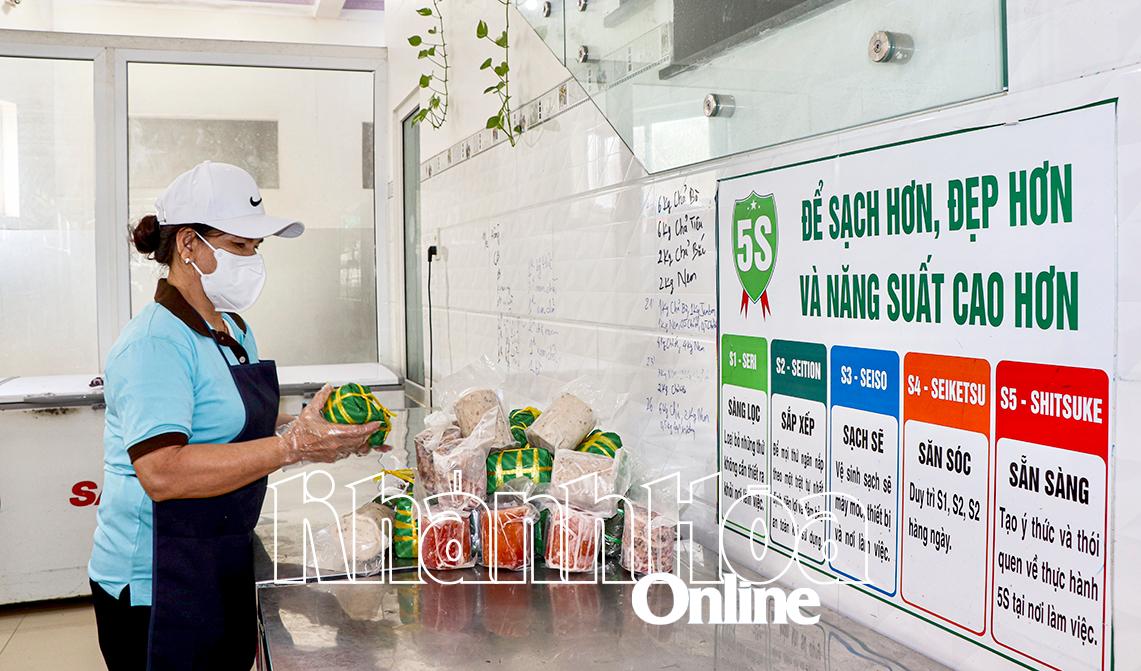
Comment (0)